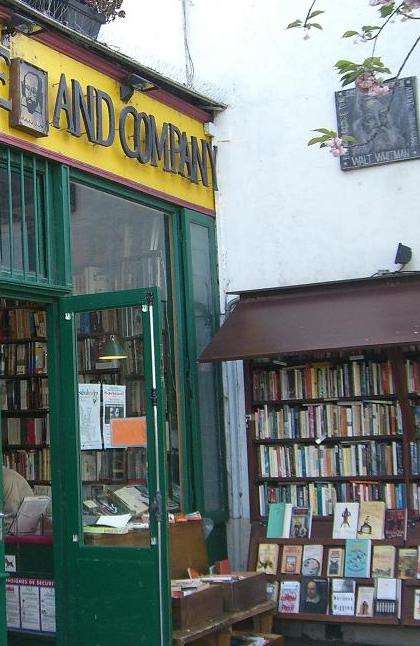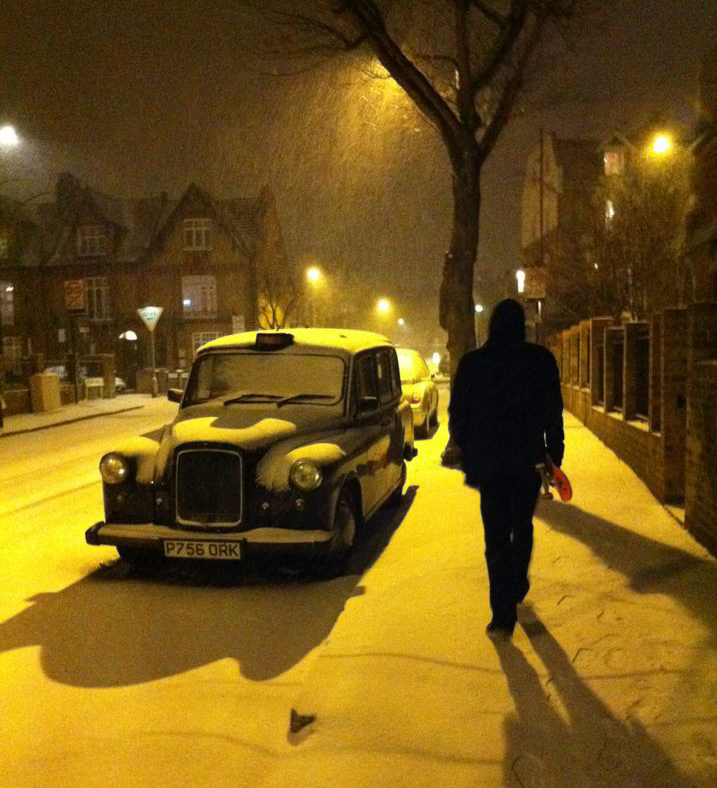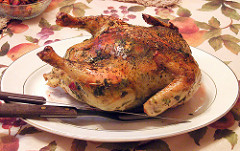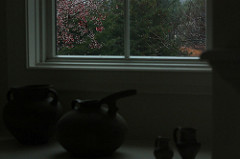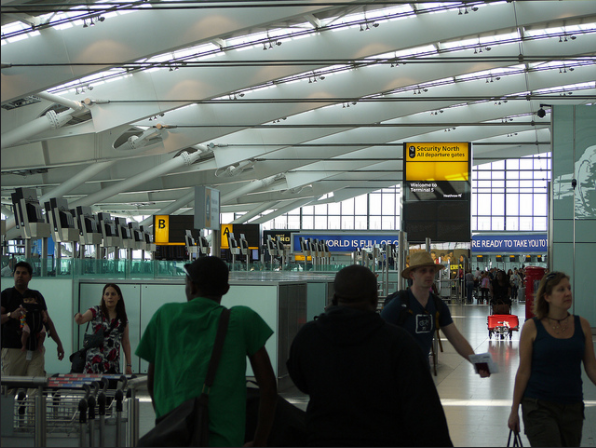By KOMAL DHRUV
Dilwale Dulhania Le Jayenge is one of the most beloved Bollywood films of all time. The movie has been playing in theatres since its release in 1995, with Mumbai’s Maratha Mandir theater giving it an uninterrupted 25 year run as of 2020. The film follows the love story of happy-go-lucky Raj and dutiful Simran, two NRI’s1 who grew up in London with their immigrant parents. Raj and Simran meet on vacation while touring Europe, only to realize their love story must be cut short: when Simran returns home, her family plans to move back to Punjab to fulfill her arranged marriage to Ajit, the son of her father’s old friend. Raj, with the encouragement of his wealthy and supportive father, travels to India to win Simran’s family’s blessings before the wedding. After a dramatic fight at the local train station between Raj and Ajit, Simran’s father recognizes the love between Raj and Simran and releases his daughter, telling her to go conquer her own life. Simran runs across the platform in a golden dress, trying to catch Raj’s hand and make it on the train as it pulls out of the station.
While the credits roll, Raj and Simran take the train to Amritsar International Airport. No one flinches at his bloodied face–they’ve all seen stranger things on these commutes. The couple returns to London, buys a flat with their parents’ money, sets up house. Raj must find a job, and, given his qualifications, he takes one in his father’s company. Simran’s family returns too, after a few months’ vacation; enough time to allow her father to say goodbye to Punjab and to mourn the separation. Simran’s younger sister Chutki thanks God in her prayers every night.



